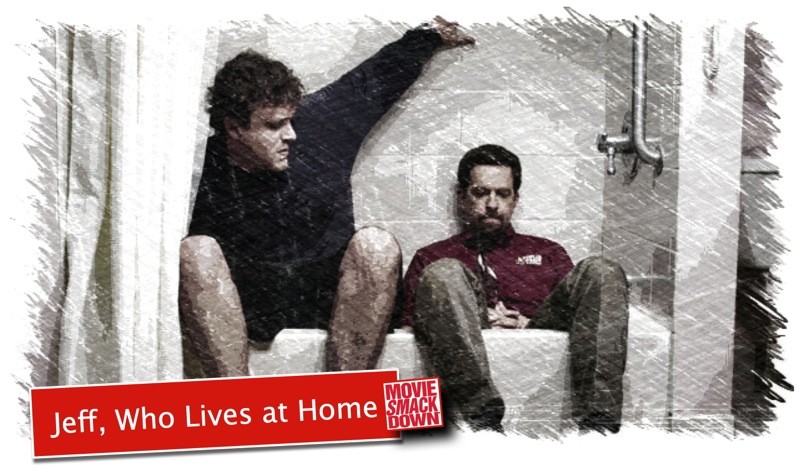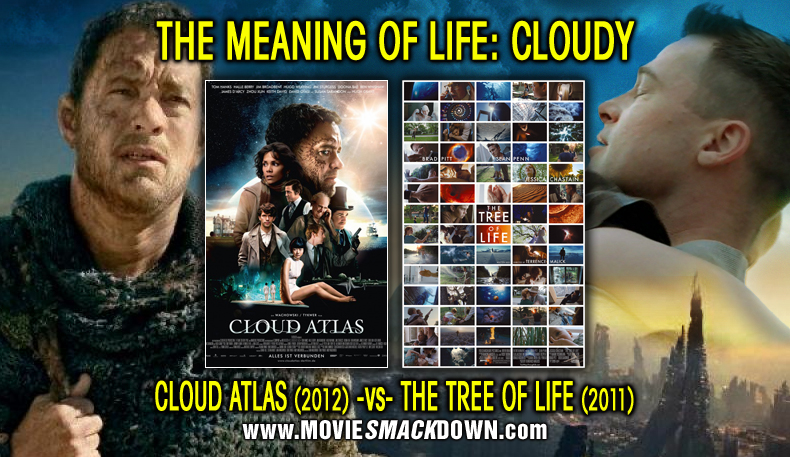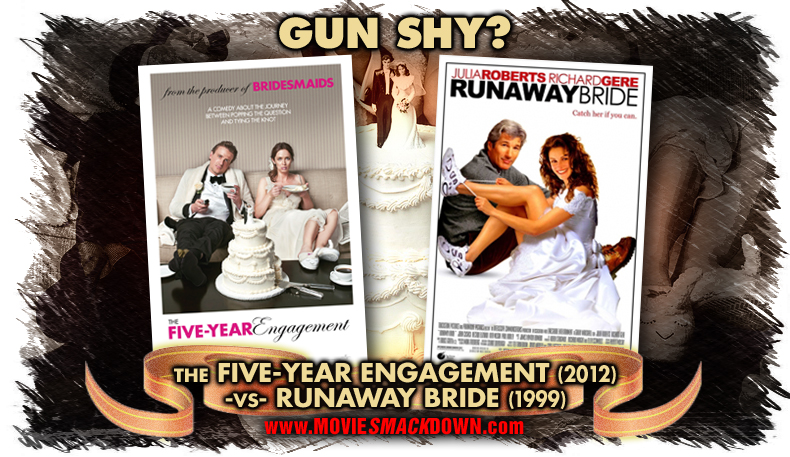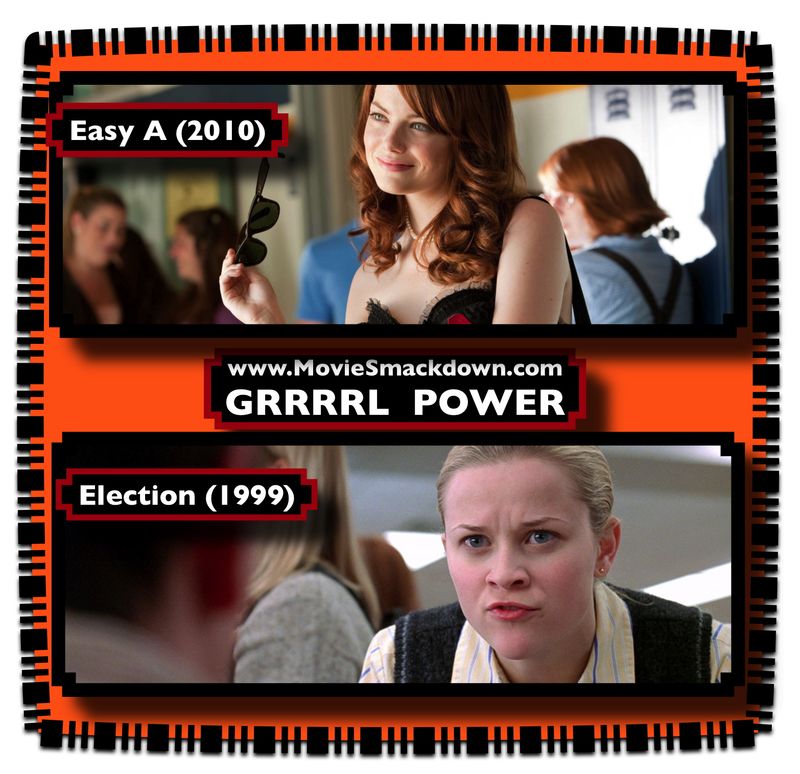
The Smackdown
You found him oddly endearing and admirably willing to completely embarrass himself on Freaks and Geeks and Undeclared. You didn’t even recognize him as the sleazy lothario Jason in Knocked Up. You thought he was just fine in Forgetting Sarah Marshall, though the movie was kind of flabby. You haven’t seen The Muppets yet, and you just plain don’t watch How I Met Your Mother.
Which is to say that you basically don’t have strong feelings one way or the other about Jason Segel, one of the more successful graduates of the Judd Apatow comedy training camp, for which we also have to thank such ubiquitous oddities as Seth Rogen and James Franco. Segel is a doughy, galumphing sort who makes for a rather unlikely movie star, but he is rarely less than an utterly likable presence and can be quite amusing with the right material, some of which (Sarah Marshall, Muppets) he also writes. He’s not really a leading man type, but the “bromance†genre seems to suit him quite well, whether he’s playing a sad-sack loser, as he does in this week’s new release, the slacker farce Jeff, Who Lives at Home, or a cheerfully brash goofball, as he did in its Smackdown opponent, John Hamburg’s I Love You, Man (2009).
Among his other lovable quirks, Segel is apparently drawn to titles with commas in them. So without further punctuation…
 The Challenger
The Challenger
In Jeff, Who Lives at Home, Segel plays our eponymous hero Jeff, a 30-year-old schlub who… well, you know. In lieu of having a job, car, girlfriend or any social interactions at all, he stays on the couch all day doing bong hits and watching infomercials. In other words, this movie starts out not unlike those laughable anti-drug commercials of the late 1980s. But setting Jeff apart from your average movie man-child is that he is genuinely devoted to the notion of a cosmic order to the universe, to such a degree that after he receives a wrong number for a “Kevin†and later spots a local teen with that very name emblazoned on his jersey, he takes it as an omen of M. Night Shyamalanesque proportions and decides to follow him.
This indirectly leads him into the center of a series of mind-blowing coincidences (or dumb plot contrivances, depending on how Jeff-ish your view of the world is) that center on his supposedly more responsible older brother Pat (Ed Helms at his most dorkily smug) trying to catch his wife (the invaluable Judy Greer) in the midst of an infidelity. Meanwhile (yes, it’s one of those all-in-one-day movies), their mother (the ageless Susan Sarandon) is a lonely, unhappy widow stuck in a dead-end office job, where she suddenly finds herself stranded in a regrettably sappy and predictable “secret admirer†subplot.
 The Defending Champion
The Defending Champion
Watching Segel as such a hapless doof in Jeff, it’s easy to forget that it was as recent as 2009 when he played Sydney Fife, the “You†in I Love You, Man, a character so confident, easy-going, and preternaturally cool that even a character played by Paul Rudd was in awe of him. Rudd’s Peter Klaven realizes as his marriage to Zooey (sultry Rashida Jones) approaches, he has no candidates to be his best man, and in fact no close male friends at all. Amid his quest, he happens upon the free-spirited Fife at an open house, and it’s man-crush at first sight.
The two gradually become best buds… and that’s pretty much all that happens for the next hour or so, but along the way, we’re witness to a Rush concert, an obnoxious Jon Favreau getting projectile-vomited on, and several unpleasant run-ins with Lou Ferrigno as himself. So really, who needs a plot?
Oh, and there’s a climactic wedding sequence, but you knew that already.
The Scorecard
Which do you prefer? Movies with unabashedly contrived plots, or movies with practically no plot? I generally don’t cotton to either one, so it’s actually a testament to both these films how watchable they turn out to be. Of the two, I Love You, Man turns out to be the greater surprise, especially since its director and co-writer (with Larry Levin) is John Hamburg, previously responsible for the icky Along Came Polly and for co-authoring every entry in the risible Fockers franchise. ILYM is his most “mature†work yet, in the sense that most of the sex and bathroom humor come in the form of conversation and not actual depiction (though did I mention the projectile vomit?). And fortunately, it’s largely witty, engaging conversation, beautifully delivered by Rudd and Segel, playing off each other like great jazz musicians. The biggest laughs come from Rudd’s clearly forced attempts to come off as effortlessly cool as Segel. Sydney instantly dubs Peter with the nickname “Pistol Pete,†and Peter’s clumsy, baffling attempt to match this is practically worth the price of admission itself. All this is good fun, but after a while, when it’s clear no actual story is going to kick in until the obligatory climactic race-to-the-wedding sequence in the final minutes, it starts to feel like one very long improv sketch. An unusually funny one, sure, but you’re still left feeling that however much you laughed, you didn’t really see much of a movie.
No such problems plague Jeff, which starts out as a typical indie slacker comedy, but once Segel’s and Helms’ paths cross, evolves into an offbeat farce with a plot that feels heavily borrowed from The Daytrippers (1996), which, probably not coincidentally, was written and directed by Greg Mottola, frequent collaborator with Segel and the Apatow gang. Anyway, this plot is plenty busy — so much so that it practically collapses under the weight of all its coincidences. That all these coincidences are acknowledged by the main character (whose obsession with Shyamalan’s Signs is an admittedly amusing running gag) make them no less contrived, but again, to the movie’s credit, it’s still a pretty fun, breezy ride (and at 83 minutes, quite brief). Sarandon’s office subplot, featuring AOL instant messages, a paper airplane and Rae Dawn Chong, is the unfortunate weak link, breaking us away repeatedly from the main action without adding anything funny or meaningful.
The writer-directors are brothers Jay and Mark Duplass, whose names seem to appear in some capacity in what seems like every third indie feature these days. They specialize in low-key, low-budget buddy comedies, and their signature style is a loose, naturalism that feels maybe a notch more written than your average Mumblecore. This is my favorite of their films so far, not that this is saying much after the half-decent Cyrus and the rather lame Baghead, but the point is, like Hamburg, they seem to be maturing. Or perhaps Segel’s presence just inspires them to bring their B-plus game.
The Decision
Neither of these movies ranks higher than the “Wait for it to hit Netflix and enjoy a few chuckles and sweet smiles as you fold your laundry†level. Honestly, it’s doubtful anyone’s reactions to them would be all that far apart, so if either of them sounds like your kind of thing, they probably both are. ILYM delivers more laughs, mainly because it makes far more attempts at them, crammed end to end with rapid, R-rated banter. Jeff  is slightly more pensive and sincere, in that every now and then, it takes a moment to actually let its characters examine their lives and try to understand themselves and each other. The sibling and spousal arguments in it feel real; the arguments in ILYM feel like plot points.
On the other hand, the laziness of the plot contrivances in Jeff, and its feeble attempts to justify them by using “the order of the universe†as a recurring theme, bothered me more than ILYM‘s sheer lack of a plot. ILYM has an ace in the hole in Paul Rudd, giving possibly his most engaging lead performance yet, and it isn’t weighed down with a dumb subplot like poor Sarandon’s, who deserves better. On points, then, but just barely: I choose you, man, I Love You, Man.






I get all the points made here, I do, but Jackie and I still ended up liking “Jeff, Who Lives at Home” very much. Maybe it’s how much we like the two leads, or maybe that it’s small and personal compared to all the big and crazy studio product. Yes, it relies on coincidence, but that’s why “destiny” cover up for them and, yes, Susan Sarandon’s storyline is a complete unnecessary diversion that takes away from the plot of the rest, but she’s still so awesome.
One thing I will say is that Ed Helms is turning out to be a really terrific actor. Go Ed!